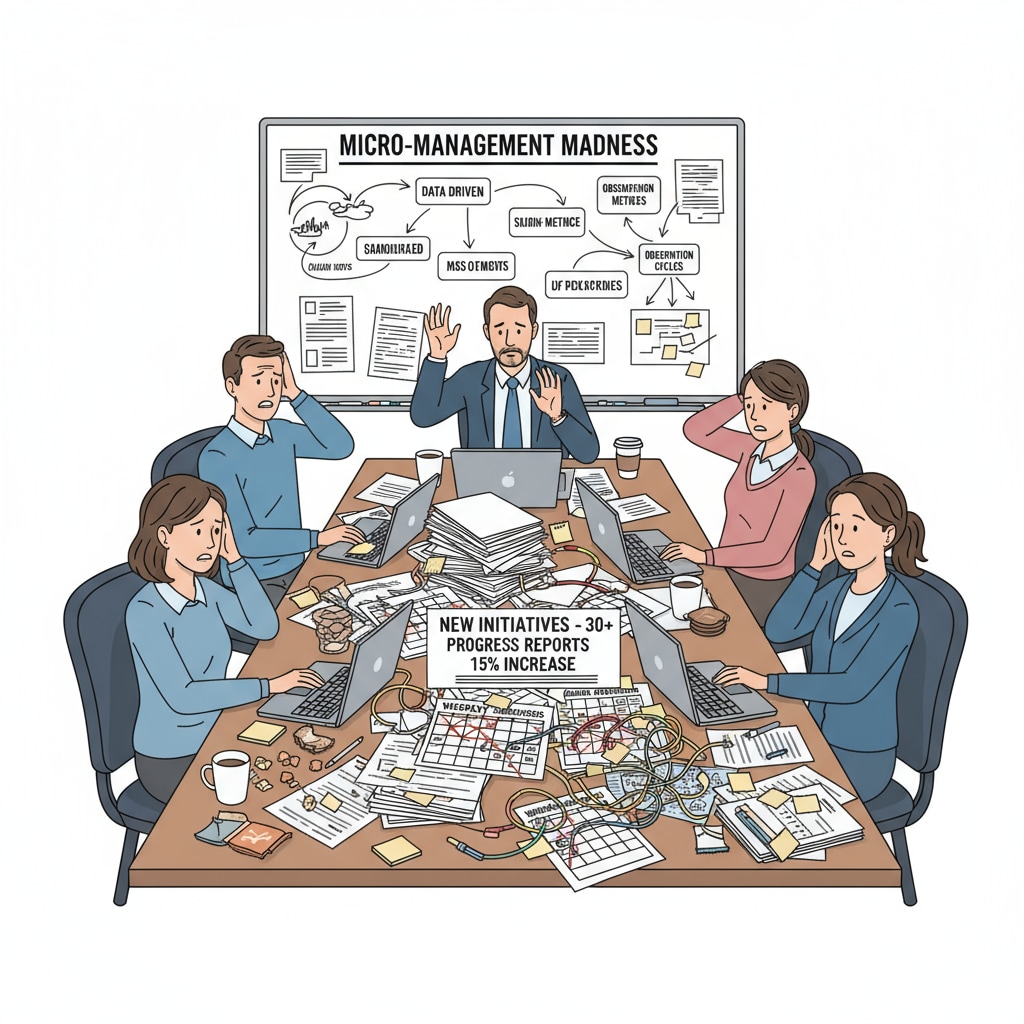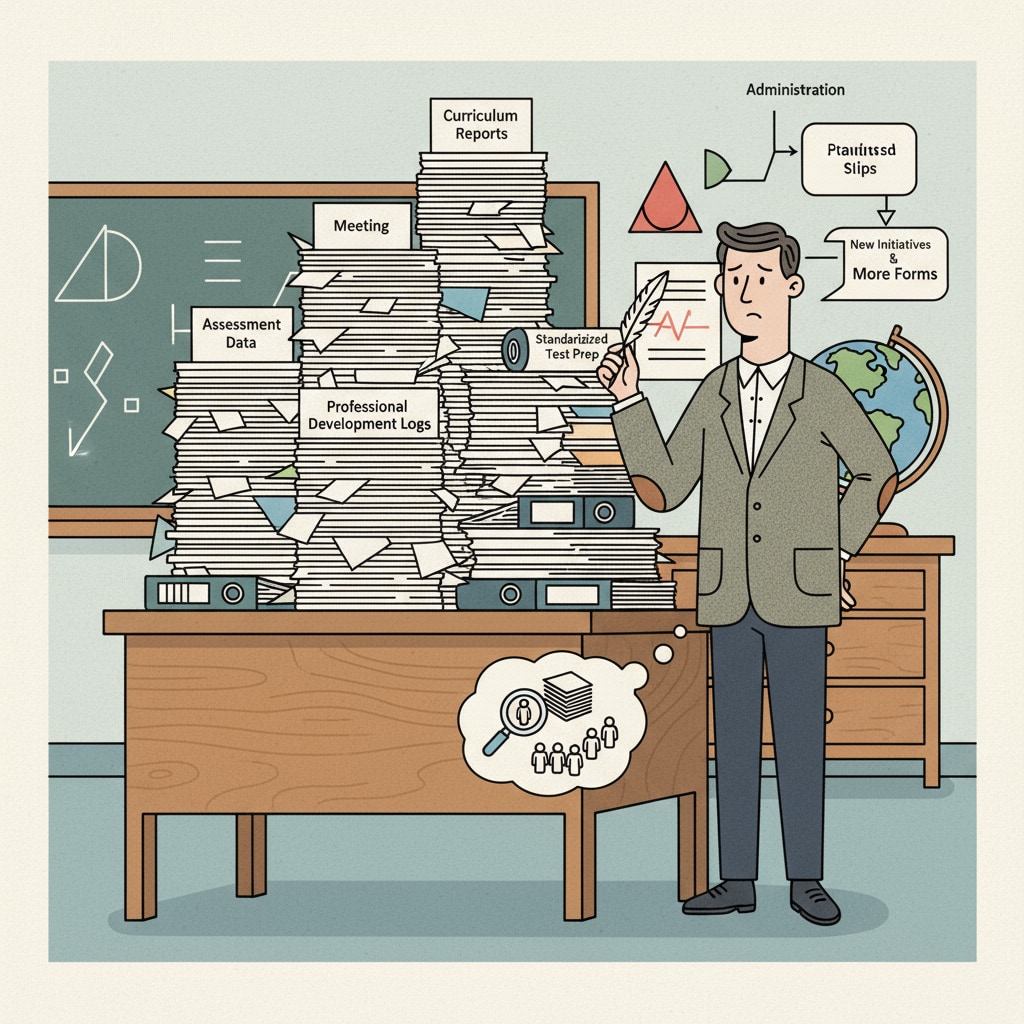Micro – management, teaching autonomy, and work stress are intertwined issues that are significantly affecting K12 educators today. In the realm of education, where creativity and flexibility should be encouraged, excessive micro – management is becoming a growing concern.

The Burden of Micro – management
Micro – management in education often manifests in various forms. For example, educators are often bogged down with excessive paperwork. They have to fill out numerous forms, detailed lesson plans, and progress reports. According to the National Education Association, this繁文缛节 eats up a significant amount of their time that could be better spent on actual teaching and student interaction.

Erosion of Teaching Autonomy
Teaching autonomy is a crucial aspect of an educator’s professional life. However, with strict curriculum mandates and standardized teaching methods imposed by micro – management, teachers find their freedom to innovate and adapt lessons to their students’ needs severely restricted. As a result, they are reduced to mere implementers of a pre – set system, rather than being recognized as the professionals they are. For instance, they may not be able to incorporate real – world examples or teaching techniques that they know would be more effective for their particular group of students. ASCD (Association for Supervision and Curriculum Development) has long advocated for greater teacher autonomy in the classroom.
Frequent meetings are another by – product of micro – management. Teachers are pulled out of their classrooms regularly to attend meetings that often focus on administrative details rather than educational improvement. This constant interruption disrupts their teaching rhythm and adds to their stress levels.
The Link to Work Stress
The combination of micro – management and the loss of teaching autonomy leads to increased work stress among educators. When teachers feel that their expertise is not valued and they have no say in how they teach, it takes a toll on their job satisfaction. High stress levels can lead to burnout, which not only affects the educators’ personal lives but also has a negative impact on the quality of education they provide. Students can sense their teachers’ lack of enthusiasm, and this can, in turn, dampen their own learning spirit.
Readability guidance: As seen, micro – management, teaching autonomy, and work stress are closely related in the field of K12 education. By reducing excessive control, promoting teaching autonomy, and addressing work stress, we can create a more conducive environment for both educators and students.


